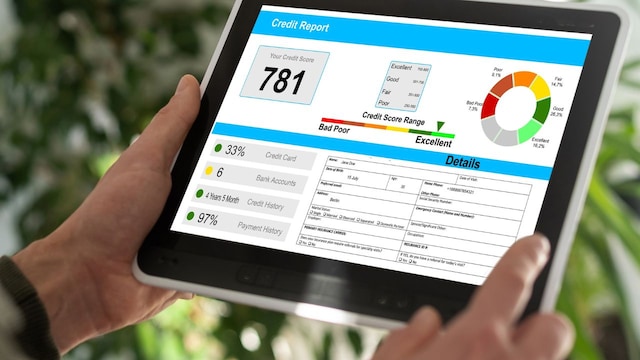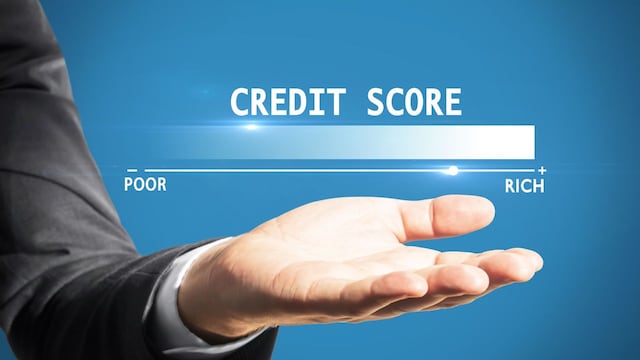[ad_1]
SUMMARY
Checking one’s credit score for free is a simple yet important step in managing financial health. A higher score enhances the chances of securing loans with favorable terms and lower interest rates.

 1 / 6
1 / 6The credit score system is vital in assessing an individual’s financial health, influencing loan and credit card approvals. A credit score, ranging from 300 to 900, reflects an individual’s credit and repayment history, significantly influencing loan and credit card approvals. A score of 750 or above is considered ideal, increasing the likelihood of securing loans at better terms, including lower interest rates. (Image: Shutterstock)

 2 / 6
2 / 6Credit bureaus licensed by the Reserve Bank of India calculate scores based on an individual’s borrowing and repayment behavior. The four main credit bureaus in India are TransUnion Credit Information Bureau (India) Limited (CIBIL), Centre of Research in International Finance (CRIF) High Mark, Equifax, and Experian. (Image: Shutterstock)

 3 / 6
3 / 6Most bureaus, including CIBIL, use a score range of 300 to 900, while Experian uses a range of 300 to 850. A score of 750+ is deemed ideal across all bureaus for better financial opportunities. (Image: Shutterstock)

 4 / 6
4 / 6Consumers can check their CIBIL score for free through platforms like SBI General Insurance, which offer online services that do not affect credit ratings. Personal details like Aadhaar number or contact info are required to access the report. (Image: Shutterstock)

 5 / 6
5 / 6A higher credit score reflects financial reliability, making it easier to secure loans or credit cards. Banks view individuals with higher scores as less risky, often offering more favorable loan terms. (Image: Shutterstock)

 6 / 6
6 / 6Free tools like AnnualCreditReport.com, CIBIL, and third-party platforms help users track their credit scores. Regular monitoring ensures financial stability and can lead to better loan access and reduced interest rates. (Image: Shutterstock)
[ad_2]
Source link











